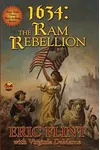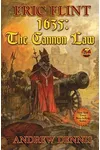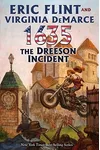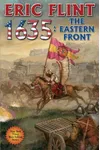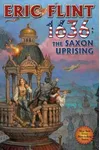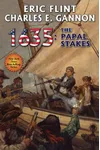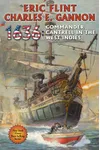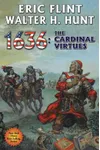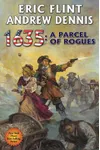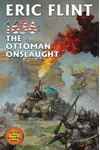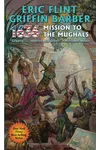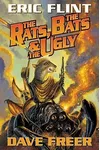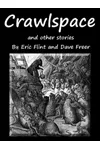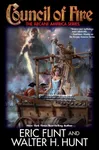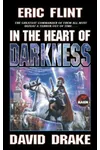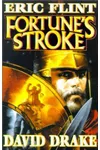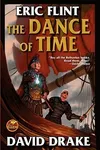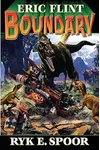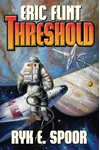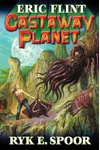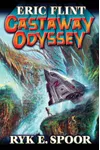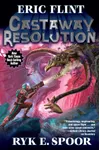Picture a storyteller who spun tales of time travel and alternate worlds, blending history with a sci-fi twist—meet Eric Flint! Born in 1947 in Burbank, California, Flint was a master of alternate history science fiction, most famous for his groundbreaking 1632 series. From his roots as a labor activist to becoming a New York Times bestselling author, Flint’s journey was as epic as his novels.
The Making of Eric Flint
Eric Flint’s early life was far from the literary spotlight. With a master’s degree in history from UCLA, specializing in southern African history, he was on track for a Ph.D. until his passion for social justice led him to trade academia for activism. As a member of the Socialist Workers Party, Flint worked as a longshoreman, truck driver, machinist, and labor union organizer, supporting himself until age 50. His writing career sparked in 1993 when he won the Writers of the Future contest, leading to his first novel, Mother of Demons, in 1997. By 1999, he was a full-time writer, ready to reshape speculative fiction.
Eric Flint’s Unforgettable Stories
Flint’s storytelling shone in alternate history, where he wove meticulous historical detail with imaginative what-ifs. His 1632 (2000), the cornerstone of the Ring of Fire series, transports a modern West Virginia town to 17th-century Germany during the Thirty Years’ War, blending gritty realism with hope. The series, with over 20 novels and countless short stories, became a collaborative universe, inviting fans and writers to contribute via The Grantville Gazette. Flint’s Belisarius series, co-written with David Drake, reimagines the Byzantine general with anachronistic knowledge, delivering thrilling military sci-fi. His humorous fantasy, like Rats, Bats and Vats with Dave Freer, showcased his playful side. Flint’s style—bantering dialogue, romantic subplots, and uplifting themes—made his worlds vibrant and accessible.
Collaborations were Flint’s superpower. He teamed up with heavyweights like David Weber for 1634: The Baltic War and David Drake for the Belisarius saga, blending their strengths to create bestsellers. His works often tackled themes of freedom and resilience, reflecting his activist roots. Six of his books, including 1634: The Galileo Affair and Cauldron of Ghosts, hit The New York Times Best Seller list, cementing his commercial success.
Why Eric Flint Matters
Eric Flint didn’t just write books; he built communities. As co-founder of the Baen Free Library, he championed DRM-free e-books, arguing that free access could boost sales—a bold move that reshaped publishing. His editorship of The Grantville Gazette and Jim Baen’s Universe nurtured new talent, giving aspiring writers a platform. The 1632 series’ fan-driven universe, with its own wiki and research committees, remains a testament to his collaborative spirit. Flint’s death in 2022 left a void, but his legacy endures through Eric Flint’s 1632 & Beyond magazine and tributes like the 2024 anthology A Bit of Luck. His uplifting voice, rooted in a belief in human potential, continues to inspire readers and writers alike.
- Born: February 6, 1947, Burbank, California
- Died: July 17, 2022, East Chicago, Indiana
- Key Works: 1632, Belisarius series, Rats, Bats and Vats
- Awards: 2021 Dragon Award for 1637: No Peace Beyond the Line, 2018 Special Sidewise Award for Alternate History
Ready to explore Flint’s worlds? Snag 1632 and dive into his thrilling alternate history adventures!



